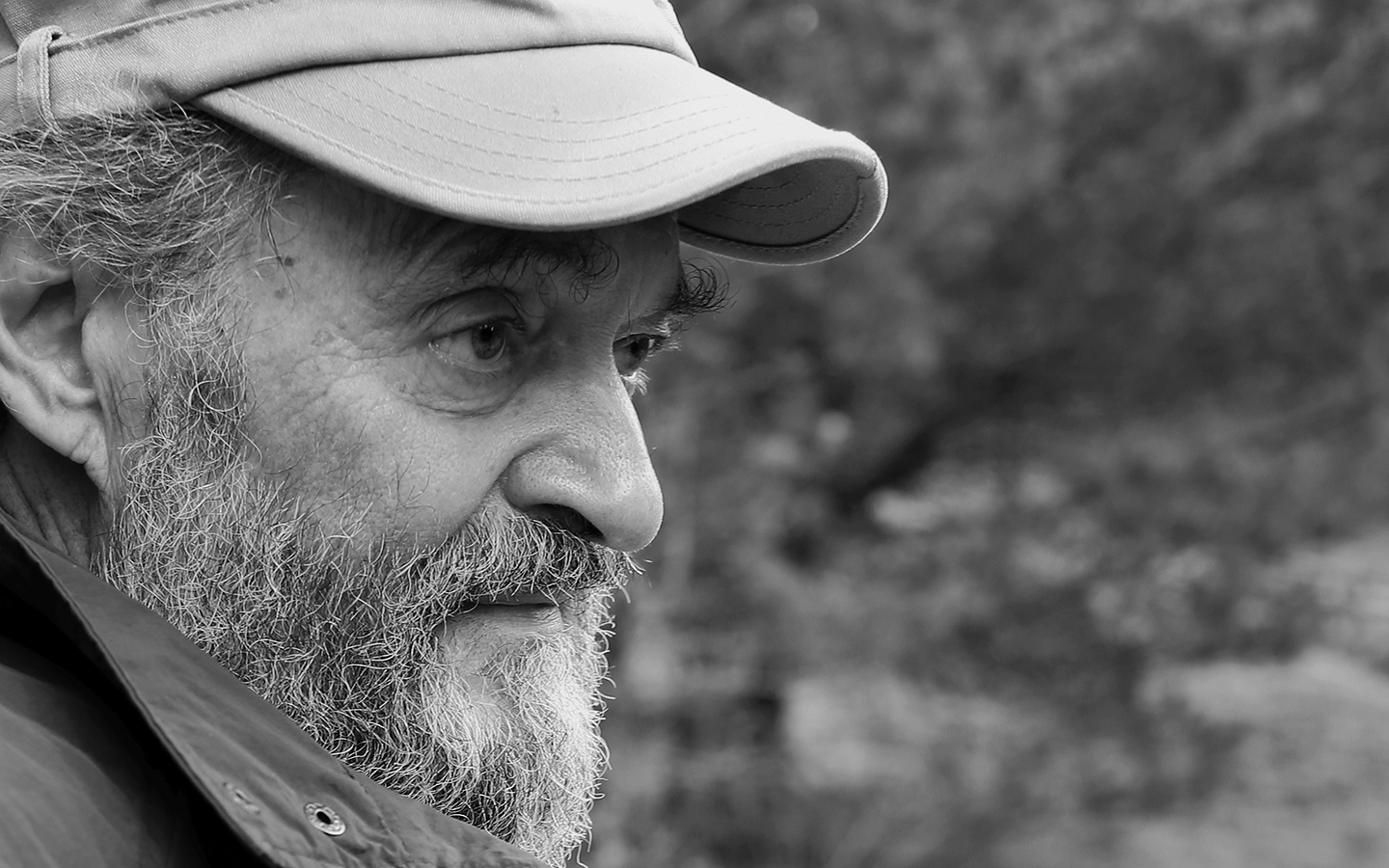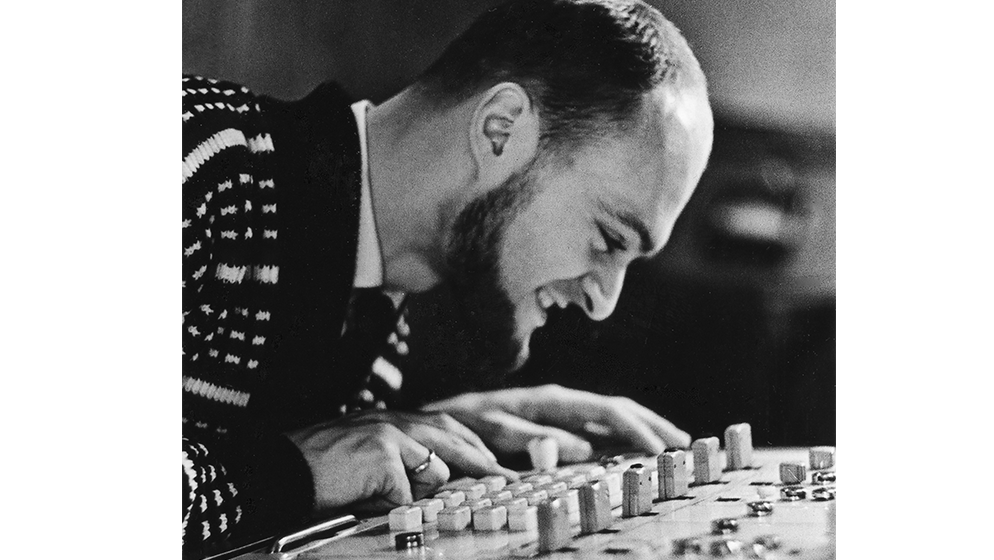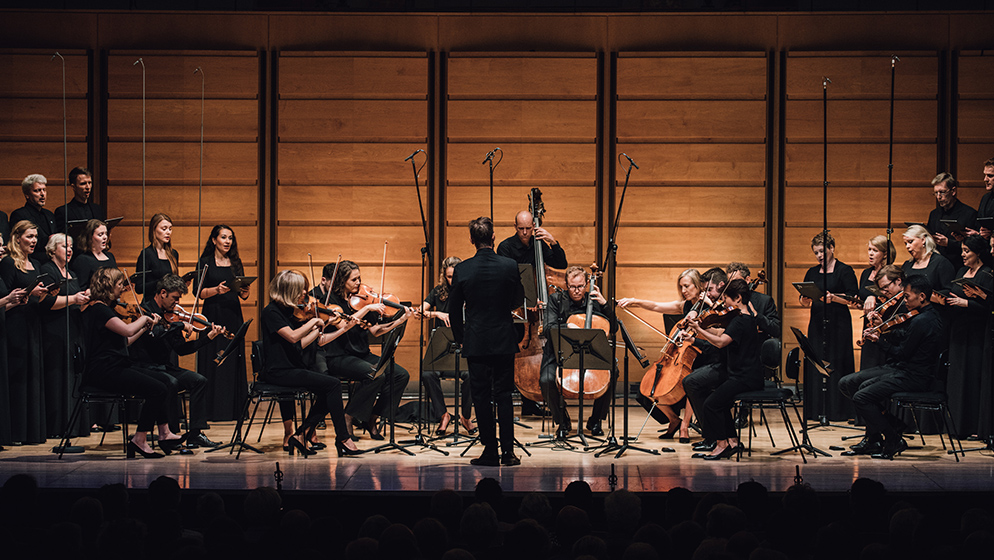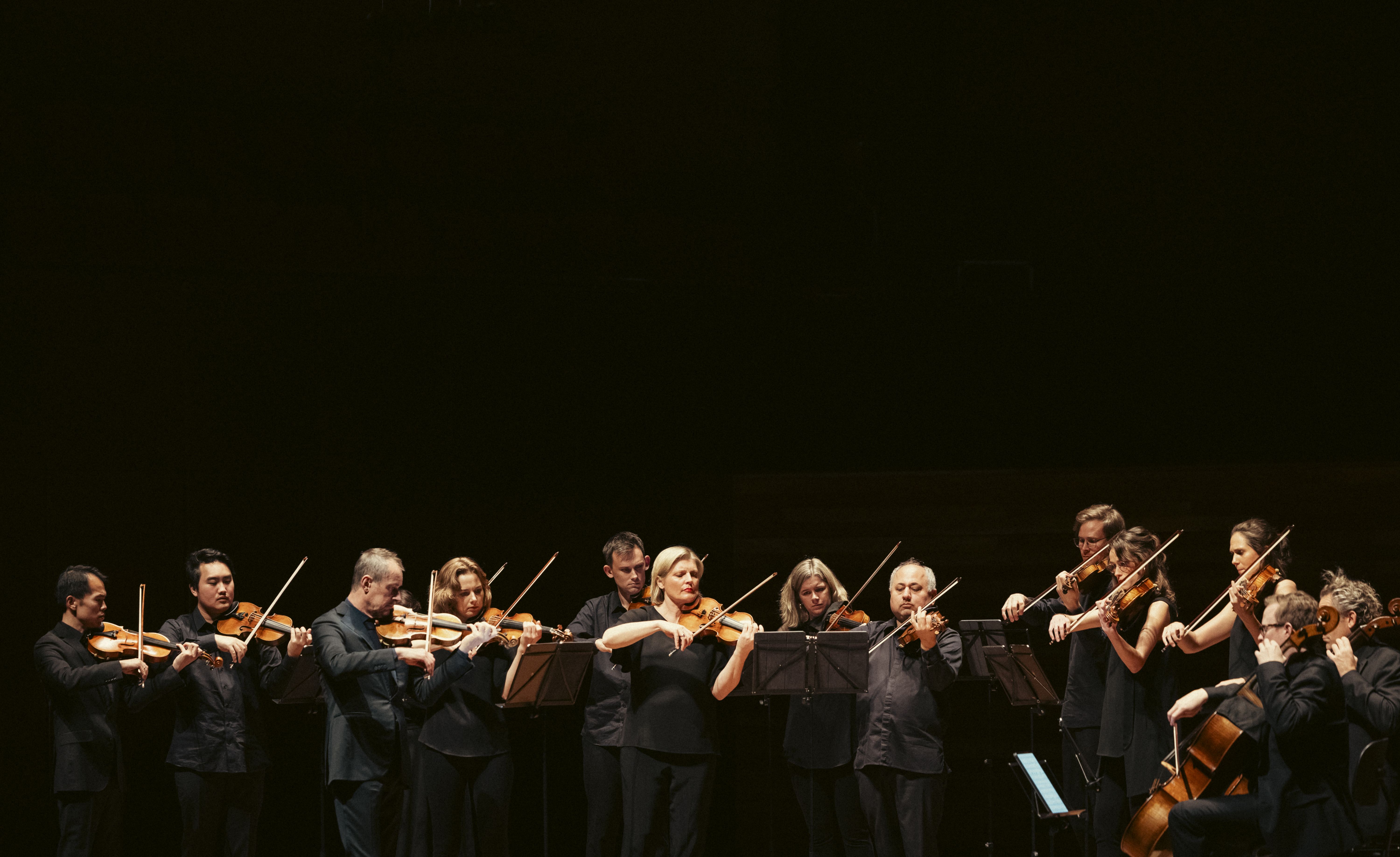
An antidote to modern madness
How Arvo Pärt became the world's most performed living composer.
By Bernard Rofe
Actually, this shouldn't come as too much of a surprise.
Estonian composer Arvo Pärt is, after all, regarded with almost reverential awe by troves of adoring listeners across the globe. These listeners aren't your typical “classical” concertgoers either. Icelandic pop goddess Björk, for example, is an ardent fan.
And there are thousands, if not millions, of fans, who have never even set foot in a classical concert hall. They tune into Pärt's meditative music as an antidote to the madness of modern times.
Pärt's accessible style might have something to do with it. On the surface, it's simple and inoffensive. Its building blocks – triads and scales – are the antithesis to much contemporary music. For Pärt, this is deliberate and calculated: they are essential to his unique style.
What's more, in a world where art is obsessed with being “new” and “modern”, Pärt isn't afraid to draw on the past. Drones and chants were commonplace in Medieval music. Hearing them in Pärt's “modern” music, can transport a part of your soul into ancient times.
And that's the beauty of Pärt's music. It's as archaic as it is modern. It's as simple as it is complex. It connects with us on so many levels that it should be no surprise how popular his music is.
Of course, Pärt's music wasn't always this way…
Beginnings
Pärt spent his earliest years under the iron rule of the Soviet regime. He composed film music and worked as a sound producer for Estonian public radio. Like Shostakovich and Prokofiev, his music was forced to adhere to “socialist realism” – idealised in its glorification of the communist state.

It wasn't easy finding a way out. In 1962 Pärt composed Estonia's first 12-tone music. But his experiments in serialism (where music is built using very strict processes) provoked state disapproval. His devout Christianity was also problematic – professions of faith were outlawed by the Soviets.
You can hear Pärt's struggle in his 1968 Credo, protesting the Soviet regime by professing his Christian faith while by taking Bach's C major prelude (and the classical music tradition) to pieces with vicious modernity.
The turning point
These musical, political and religious tensions resulted in an enormous personal crisis. Pärt renounced his musical techniques and commenced a decade-long period of musical silence.
During this silence, Pärt immersed himself in Gregorian chant, medieval and renaissance music, and converted to Orthodox Christianity. He emerged in 1976 with Für Alina for solo piano, written using a new musical language he called “tintinnabuli”. Other pieces followed, including Fratres, Cantus in Memory of Benjamin Britten and Tabula Rasa.
Modern Popularity
Pärt's music in this tintinnabuli style exploded in 1984 when a recording of his compositions, including Tabula Rasa, was released by ECM New Series. From there, it has gone from strength to strength.
Pärt has been commissioned prolifically, often for major world events: In 1990, his Berliner Messe celebrated the 90th German Catholics Day following the fall of the Berlin Wall. In 2004 his Da pacem Domine was composed to commemorate the Madrid Train bombings.
Today, Pärt's music is a mainstay of concert halls and personal playlists worldwide, and for several years running Pärt has been the world's most performed living composer.
Arvo Pärt and the ACO
The Australian Chamber Orchestra has had a long relationship with Arvo Pärt's music, giving world premieres of new versions of Fratres, Par Intervallo, De Profundis and Vater Unser – arranged especially for the ACO by Pärt himself.
In 2012, the first ever ACO Underground included Da pacem Domine in its genre-defying setlist. In 2017, Richard Tognetti and the ACO performed Fratres as part of the soundtrack of its acclaimed cinematic collaboration Mountain.

In 2019 the Estonian Philharmonic Chamber Choir, definitive performers of Pärt's choral music, joined the ACO for an enormously successful national subscription tour.
In February the next year, Richard Tognetti and Satu Vänska performed Pärt's cult hit Tabula Rasa as part of its second national subscription tour for 2021, filming the work as an ACO StudioCast film due to the ongoing Covid Pandemic.
Experience the music of Arvo Pärt and JS Bach in Silence & Rapture, the mesmerising collaboration between Australian Chamber Orchestra and Sydney Dance Company, touring 2-19 August. Click here to buy tickets.
